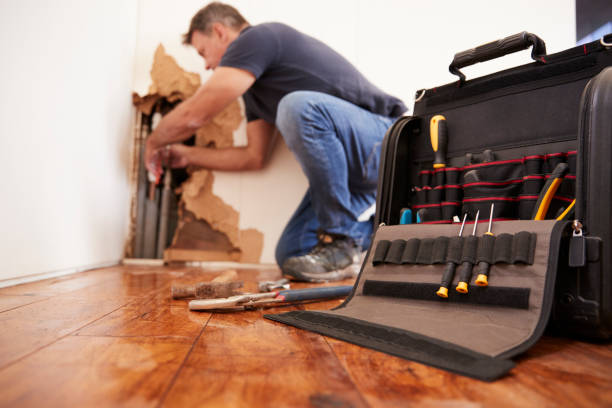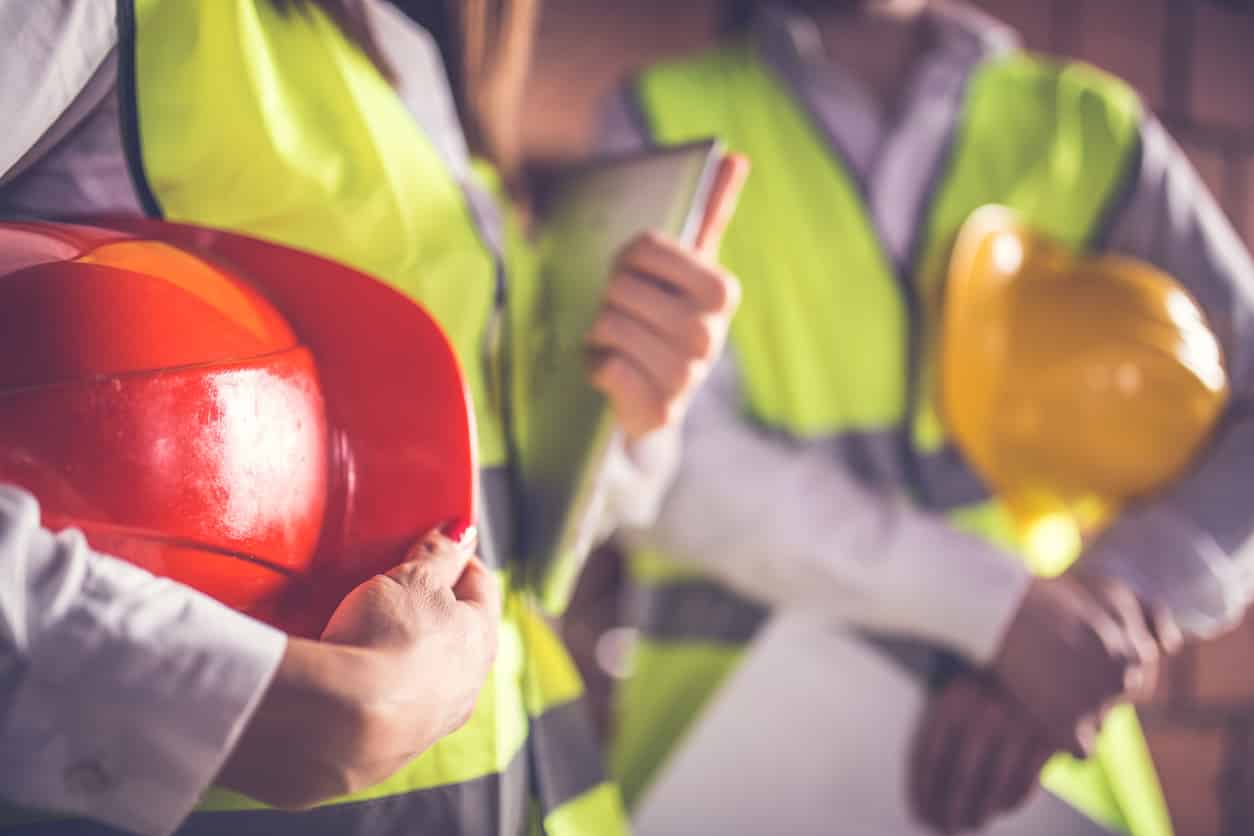
Strata Approval For Renovations – What is the process?
October 27, 2021
Maintaining Maintenance and Our Sanity in the Current Climate
February 28, 2022
Strata Approval For Renovations – What is the process?
October 27, 2021
Maintaining Maintenance and Our Sanity in the Current Climate
February 28, 2022The rules and regulations surrounding health and safety can sometimes feel lengthy and confusing with so many legislative obligations imposed on owners corporations/bodies corporate. In some cases, it may be difficult to understand what the requirements for compliance actually are.
So, how can a Safety Report help clarify these expectations? Here is an overview of what to expect from a Safety Report, and how it can benefit you and your body corporate.
Why should a body corporate carry out a Safety Report?
A Safety Report is an assessment that is key to identifying and minimizing the risk of injury within a strata community. While it could be seen by some as money better saved, how can you put a price on preventing angst, suffering and the potential costs that can arise through injuries.
Each state and territory have their own legislation regarding Occupational / Work Health and Safety and guidelines for what is needed to ensure a safe space and guide compliance. This can often be over and above the duties imposed by the body corporate’s governing legislation itself.
In Victoria, the Occupational Health and Safety Act 2004, also introduces specific obligations, recognising the common property as a workplace when a contractor enters site. Overall though, for strata communities in all states, there is a duty of care to ensure that the common property is safe for use by contractors, owners, residents and their visitors.
In Queensland, the Work Health and Safety (WHS) Act applies, and some bodies corporate may find that they have additional duties imposed on them if they fall under the description of a 'person conducting a business or undertaking'(PCBU). However, WorkSafe still suggests even where a body corporate is not categorised as a PCBU, in the interests of public safety, the body corporate still has duties under the WHS Act with regards to high risk plant and dangerous goods.
That’s why a Safety Report is so important. It can identify the presence of potential hazards and risks, and recommend precautionary measures to reduce and control them. For example a safety report should report on any tiles which when lifting on a pathway could cause a potential trip hazard, or surfaces which when wet could cause someone to slip, or even broken concrete on a driveway that may pose the of falls. Of course these hazards may vary depending on the shared areas within your communities, assessing any railing on stairs or communal balconies, access to and within bin rooms, pool, barbecue areas and the like.
An assessment can also clarify the likelihood of each identified risk occurring. Which helps the owners corporation to prioritize attention to minimize and where ever possible, eliminate the risk.
The best approach is definitely a proactive approach; one that minimises liability and removes the risk. Acting on the findings of the Report will help you and your OC achieve optimum results.
Who should carry out a Safety Report?
Of course, owners corporations are not expected to be the experts, but do have the expectation on them to act in the interest of all residents. So to find the right person is important. While an Occupational or Work Health Safety assessor does not need any particular qualifications, the assessment should be carried out by someone who is competent in the field. This can mean the assessor has ‘acquired through training, qualification, experience, or a combination of these, the knowledge and skill enabling them to correctly perform the required task’. The costs associated with hiring a specialist to carry out an safety assessment should be built into the owners corporation budget.
Before the assessment, the owners corporation could also consult residents about any issues that they have identified. This can provide further information about the building and demonstrates that the owners corporation is exercising due diligence when it comes to carrying out their duties. The Consumer Affairs Victoria website provides a helpful template to assist with surveying residents.
Lot owners and their responsibilities
When it comes to safety, lot owners must play their part to ensure the common property is kept safe and as free of risk as possible.
Residents should ensure that the internal hallways, external walkways and stairs remain free of trip hazards to allow clear access. We sometimes forget that it’s these paths of travel that provide a quick escape in the event of an emergency. With smoke in the air it will be hard for residents to see pot plants, mats or even decorative statues, if it’s in your path when exiting the building.
How often should a safety assessment be carried out?
While there is no mandated frequency for these reports to be provided, it is recommended that an assessment be conducted on an annual basis and/or if any circumstances change in your common areas giving rise to notable risks. This means that any new hazards can be identified, and existing control measures can be reviewed to ensure they are kept up to date and functioning as expected.
A proactive approach is always best when it comes to health and safety. Having a safety assessment completed by a competent, professional assessor can go a long way to ensuring that strata communities remain safe, minimize liabilities, including insurance premiums, and promote harmonious living.
Seeking further advice?
Ace has been engaged in strata title/body corporate management since 1995, and currently manages over 65,000 units. If you wish to discuss any strata community matters further with a knowledgeable Ace Body Corporate Manager, we are here to help. Get in contact with your local manager today.
www.acebodycorp.com.au


